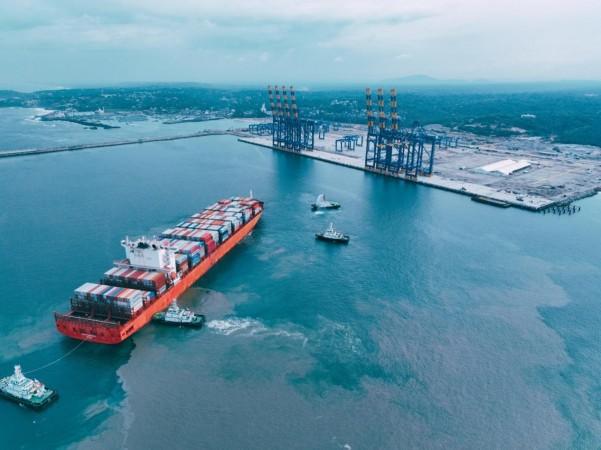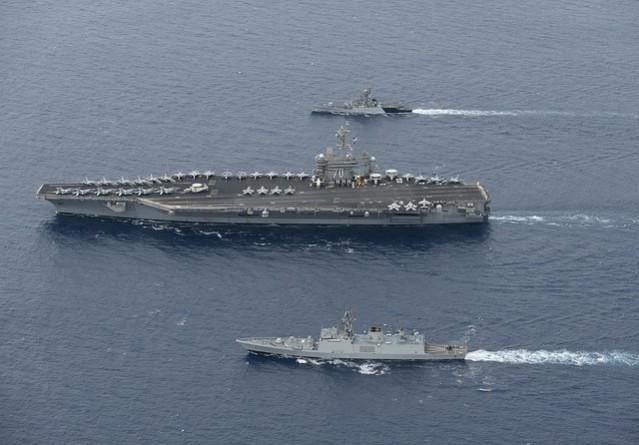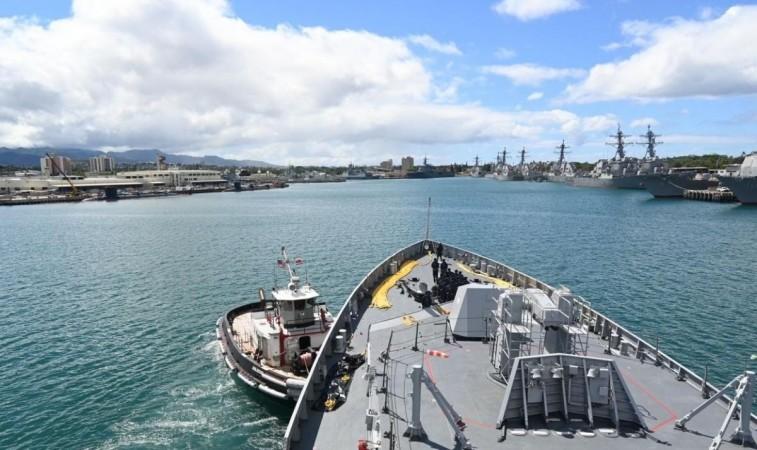
India's maritime sector is set to witness a significant transformation with the development of the Vizhinjam Port in Kerala. Union Minister of Ports, Shipping and Waterways, Sarbananda Sonowal, lauded the Adani Group for their commitment and perseverance in developing a world-class port in Kerala. The minister officially welcomed the first mothership at the Vizhinjam Port, marking a new era in India's maritime history.
Vizhinjam International Seaport, India's first deep-sea international container transhipment terminal, is expected to set a new benchmark in port operations. The port's strategic location, close to the international EXIM Trade lanes, and its deep draught facility offer many operational benefits that will help position the port as a preferred destination for shipping lines and EXIM traders.
The minister expressed confidence that the port's capability to service mega-size container vessels, along with other services it offers, will provide stiff competition to existing transhipment hubs like Colombo and Singapore. He also highlighted the port's potential to offer a viable alternative and an option to major shipping lines to mitigate disruptions in the global supply chain, especially in the emerging geo-political scenario impacting maritime trade.

The arrival of the first mother ship at the Vizhinjam Port has catapulted India into the world port business. The port is expected to rank 6th or 7th globally, marking a significant achievement for the country. The second and third phase of the project is planned to be completed in 2028, and the port is set to be one of the greenest ports in the world.
By 2028-29, when all four phases of this project are completed, the Kerala government and Adani Vizhinjam Port will have invested a total of Rs 20,000 crore in this outstanding example of a large-scale PPP project. This investment is expected to boost the local economy, creating over 5,500 additional direct and indirect employment opportunities by 2029.
The development of Vizhinjam Port is a testament to the successful Public Private Partnership between the Centre, the private sector, and the State. It demonstrates how such collaborations can unleash the tremendous potential of the maritime sector, contributing to the country's economic growth and development.

The port's strategic location and modern infrastructure are expected to reduce logistics costs, save transit time, and reduce India's dependence on foreign transhipment ports. This aligns with the country's broader vision of becoming a key player in the global maritime sector.
The Vizhinjam Port project is a perfect example of PM Modi's 'Maritime Amrit Kaal 2047' vision. The project has already created over 2,000 direct and indirect jobs in construction, operations, and other segments. With the wide-ranging developments planned, the port is expected to create more than 5,500 additional direct and indirect employment opportunities in Vizhinjam.
The port is also focusing on ancillary developments in the immediate neighbourhood, including a modern fishing harbour, bunkering facilities, an outer ring road to serve the area, a seafood park, cruise tourism facilities, and an industrial corridor along with port development. These developments are expected to spur economic growth in the region and beyond.

The Vizhinjam Port project is a significant milestone in India's maritime history. It not only enhances the country's position on the global maritime map but also contributes to local economic development and job creation. The project is a testament to the successful collaboration between the public and private sectors, setting a benchmark for future infrastructure projects in the country. The port's strategic location, modern infrastructure, and the potential to create thousands of jobs underscore its importance as a key player in India's maritime sector and its potential to drive economic growth in the region.














